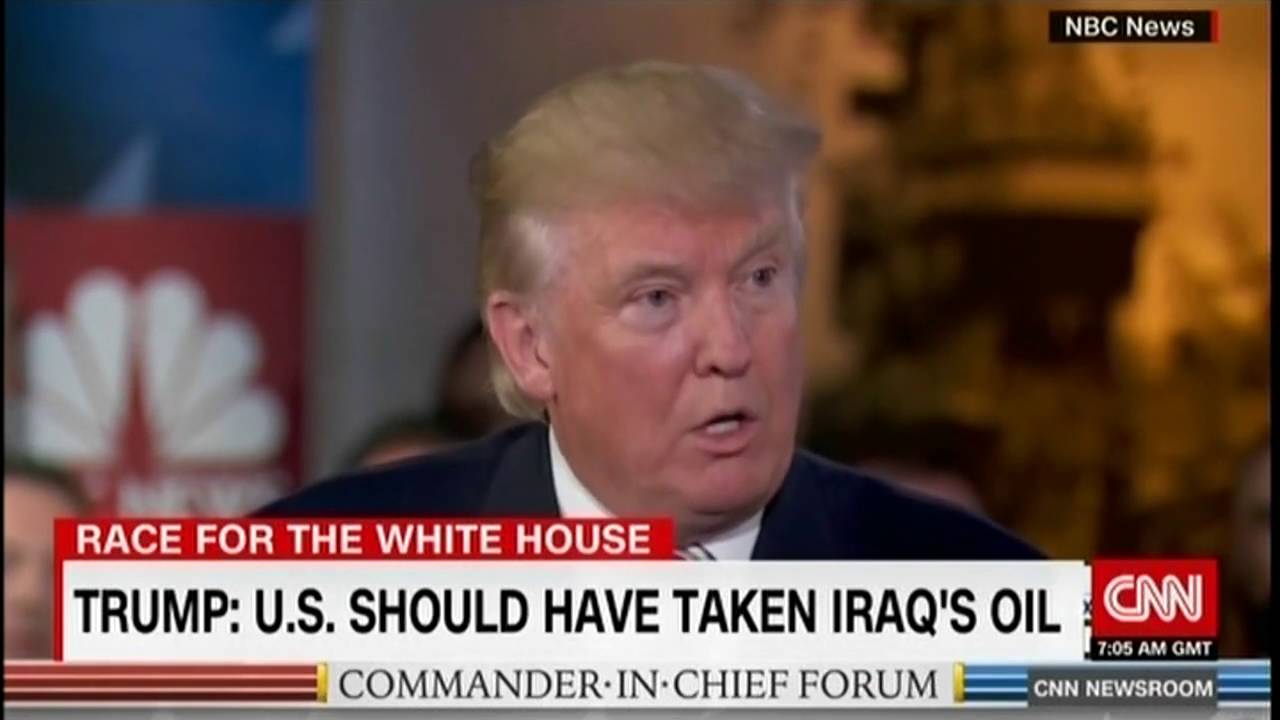The Other Names We Must Not Forget
Quote (behind paywall)
—————
During the bloodiest years of the wars in Iraq and Afghanistan, I represented the State Department in the battleground regions of Falluja and Helmand Province. Like many of the service members I served alongside, I had courageous American friends die in combat. But those troops are not the only dead I remember each Memorial Day.
This year I will also think of Abbas Ali Hussein, a rotund Iraqi English teacher fond of Dickens who translated American novels like John Irving’s “A Prayer for Owen Meany” into Arabic for his high school students. He was shot dead in front of his home by Qaeda-linked terrorists in 2007. His crime? While serving as secretary on the Falluja City Council, he worked with Americans to rebuild mosques and houses after the bloody battle of Falluja had leveled much of the city. He was one of hundreds of local political, religious, military and tribal leaders assassinated throughout Anbar Province because of their ties to the United States.
I will also think of Gov. Arsala Jamal of Logar Province. As the former top Afghan official in Khost Province, the governor said what visiting American senators, cabinet secretaries and diplomats needed to hear: that hasty night raids by United States forces into Afghan family compounds guaranteed new Taliban recruits. In Khost, he had worked closely with American soldiers to bring rival tribes together — even as he challenged our detention policies, including that of Guantánamo. Governor Jamal, a father of six, also won support from the central government in Kabul for programs to build schools and reintegrate former Taliban fighters into their communities. He was killed while speaking in a Logar Province mosque by a bomb hidden in the podium.
In the last 17 years, hundreds of thousands of Iraqis and Afghans have died in the wars. Many were killed by American bombs, and many more in attacks by the Islamic State, Al Qaeda or the Taliban. Most were innocent civilians. But some died purely because they had cooperated with the United States — with people like me — in trying to rebuild communities destroyed after we arrived in their countries. As we memorialize our fallen troops on Monday, these Iraqis and Afghans, too, deserve to be honored.
My veteran friends, from sergeants to generals, all have stories of fallen Iraqis and Afghans that have stayed with them over the years. Jason Brezler, a Marine civil affairs officer and New York City fireman, can’t forget the catastrophic roadside bomb — probably intended for American troops — that killed 12 of 13 members of one Afghan family returning from a trip in the Now Zad District of Helmand Province. They had been shopping to prepare for a wedding.
Larry Nicholson, a Marine general I know, talks of being deeply inspired by his Afghan counterpart, a brigadier general named Mohayuddin Ghori, who commanded an Afghan Army brigade in 2009 and 2010 in Helmand and shared the frontline fighting with his soldiers. The general was a vital link to the local population, yet the only favor he asked from his American partners was a wheelchair for his disabled son. He was killed in a helicopter crash while flying from Herat to Badghis Province in 2016. General Nicholson keeps photographs of General Ghori in his office and at home to remind him of “what we are fighting for, and what real valor looks like.”
Carter Malkasian, who worked for the State Department in Helmand Province, will pay tribute to Haji Omar Jan, a police commander who lost three brothers and numerous colleagues in the fierce fighting in southern Afghanistan after the 2014 drawdown of American forces. He was the last police chief in the area when the Taliban nearly overran Lashkar Gah, the provincial capital, in 2015 and 2016. Omar Jan was heartened when American Marines, many of whom he knew personally, returned to his region in 2017. Just months later, he was killed by a Taliban rocket-propelled grenade.
Not everyone I try to remember died a violent death. Sheikh Khamis al-Hasnawi, a Sunni wise man of the Albu Issa tribe in Iraq, was a chain smoker, regal in demeanor, always clad in a flowing white robe with gold trim. He lived on the outskirts of Falluja and worked closely with the Marines and me to strengthen our ties to local power brokers. The war took the lives of many members of his clan. Yet when his time came in 2011, Khamis, well into his 80s, passed away quietly of natural causes, in his bed surrounded by family.
These deaths and countless others like them weigh heavily on the minds of many of us who served in Iraq and Afghanistan. Their casualty counts far outnumbered ours, and our war fronts remain their home fronts. Unlike us, they could not redeploy to safer places.
Since I returned from Afghanistan and left the State Department eight years ago, I have traveled to more than a dozen cemeteries in tiny towns from Wyoming to Iowa to Texas to honor American troops.
But I also have a private ritual for my fallen Iraqi and Afghan friends. In the Rocky Mountains of Utah and Colorado, the region I come from and returned to after the wars, I have carved some foreign names into the trunks of towering Aspen trees. Abbas, reads one. Arsala Jamal, reads another.
They, too, are names we should know and not forget.
—————

